The Indonesian government's recent ban on social commerce platforms facilitating direct transactions has sent shockwaves through Southeast Asia's largest digital economy. At the center of this regulatory storm stands TikTok Shop, the e-commerce arm of the wildly popular short-video platform that had been making significant inroads into Indonesia's $52 billion online retail market.
The new regulation, issued by Indonesia's Trade Ministry in late September 2023, effectively forces social media platforms to choose between being content providers or online marketplaces, but not both. This separation policy aims to protect traditional merchants and small businesses that cannot compete with the algorithm-driven, influencer-powered sales machine that social commerce represents. For TikTok, which had integrated shopping features directly into its app, the rules require nothing short of a complete operational overhaul in its second-largest market.
Industry analysts note that Indonesia's move reflects growing global scrutiny over the blending of social media and e-commerce. "This isn't just about protecting mom-and-pop stores," says Jakarta-based retail analyst Andi Wijaya. "It's about preventing foreign tech giants from dominating multiple layers of the digital ecosystem while avoiding the responsibilities that come with being a proper marketplace - product verification, consumer protection, and fair competition."
The immediate aftermath saw TikTok Shop freeze transactions in Indonesia, leaving thousands of local sellers and content creators scrambling. Viral videos showed influencers pleading with followers to migrate to other platforms, while small businesses that had come to rely on TikTok's viral potential faced sudden revenue drops. The platform had reportedly been onboarding 2 million new Indonesian sellers monthly before the ban, with many young entrepreneurs building entire businesses through live-streamed sales events.
Behind the policy shift lies Indonesia's complex economic landscape. Traditional markets still account for over 70% of retail transactions, employing millions. President Joko Widodo explicitly cited the need to prevent algorithmic pricing from "killing small markets" after meeting with street vendor associations. This protectionist stance enjoys broad political support, even as it frustrates tech advocates who argue social commerce helps more businesses participate in the digital economy.
TikTok's response has been characteristically agile. Within weeks, the company announced a $1.5 billion investment into Indonesian e-commerce venture Tokopedia, effectively creating a workaround by separating its social and shopping functions while maintaining commercial ties. The deal allows TikTok to transfer its seller network to an established local platform that complies with regulations. Whether this satisfies regulators while retaining TikTok's competitive edge remains uncertain.
The financial implications are substantial. Indonesia accounted for roughly 60% of TikTok Shop's Southeast Asian GMV (Gross Merchandise Value), with estimates suggesting the platform was on track to process $10 billion annually. While the Tokopedia partnership preserves some infrastructure, analysts project at least a 30-40% drop in TikTok's regional e-commerce revenue as it loses the frictionless "see it, buy it" advantage that made social commerce so potent.
"The magic of TikTok Shop was its ability to turn viral moments into immediate purchases," notes Singapore-based tech consultant Priya Malik. "Now that users must exit to another app, conversion rates will inevitably fall. The question is whether TikTok can rebuild enough momentum through alternative models."
Longer-term, the regulations may accelerate trends already emerging in Indonesian e-commerce. Local platforms like Bukalapak and Blibli have been gaining market share by emphasizing partnerships with conventional retailers. Meanwhile, live-stream commerce - the heart of TikTok's strategy - continues growing through specialized apps that comply with the social-commerce split. Some displaced TikTok sellers are reportedly migrating to Instagram or YouTube, though neither platform offers comparable algorithmic discovery.
For global observers, Indonesia's stance provides a case study in digital sovereignty. The archipelago nation has consistently asserted control over its internet economy, from data localization rules to now redefining how social platforms monetize. With other Southeast Asian governments monitoring the TikTok situation closely, Jakarta's policies could inspire similar measures regionally - particularly in markets like Vietnam and Thailand where traditional retail remains politically influential.
As Indonesian officials and TikTok negotiate implementation details, the human impact continues unfolding. Thousands of young "digitalpreneurs" who built livelihoods through TikTok Shop now face uncertain futures. While some will adapt to the Tokopedia transition, others lack the resources to navigate the changed landscape. Their stories highlight the double-edged nature of platform-dependent businesses in an era of rapid regulatory evolution.
The coming months will test whether TikTok's hybrid model can survive increasing global fragmentation. For now, Indonesia's social commerce experiment serves as both warning and blueprint - demonstrating how quickly viral success can collide with national interests, and how even the most agile tech giants must bend when local realities demand it.
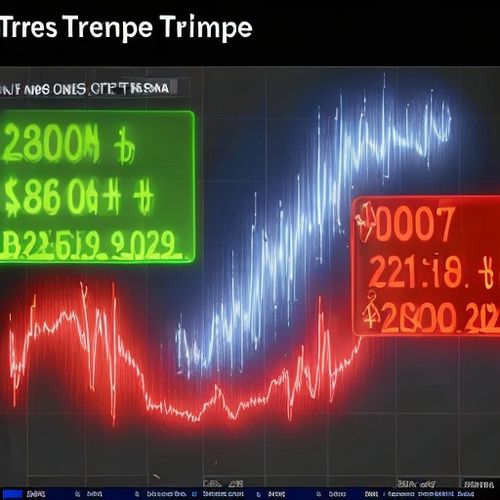
By Sarah Davis/Apr 7, 2025

By Samuel Cooper/Apr 7, 2025
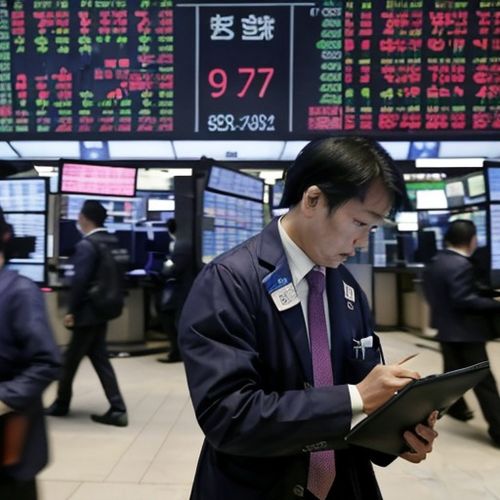
By Grace Cox/Apr 7, 2025

By Thomas Roberts/Apr 7, 2025

By Olivia Reed/Apr 7, 2025

By Daniel Scott/Apr 7, 2025

By Megan Clark/Apr 7, 2025

By Samuel Cooper/Apr 7, 2025
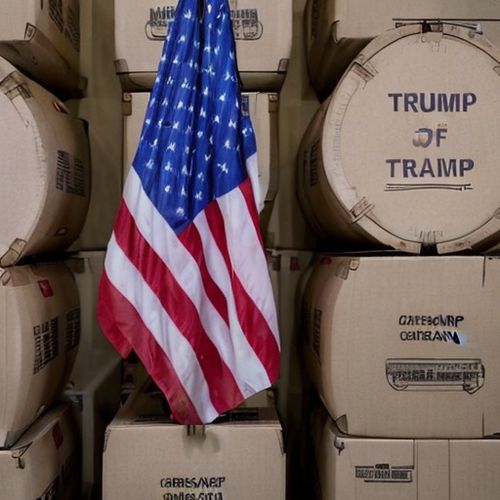
By William Miller/Apr 7, 2025

By John Smith/Apr 7, 2025
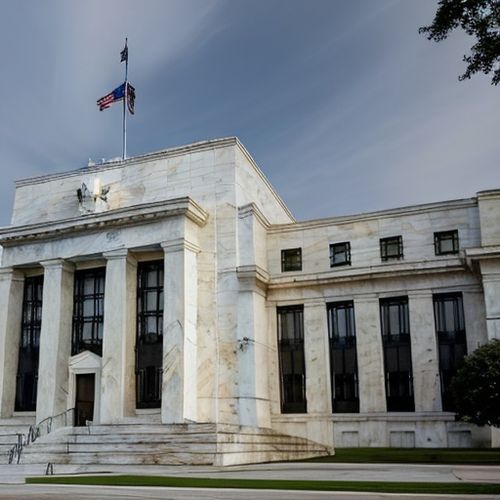
By Samuel Cooper/Apr 6, 2025
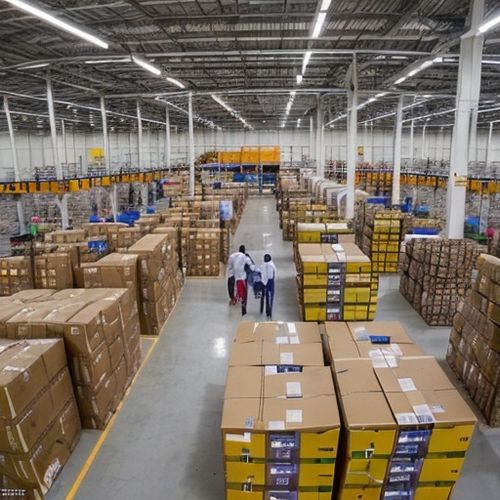
By Lily Simpson/Apr 6, 2025
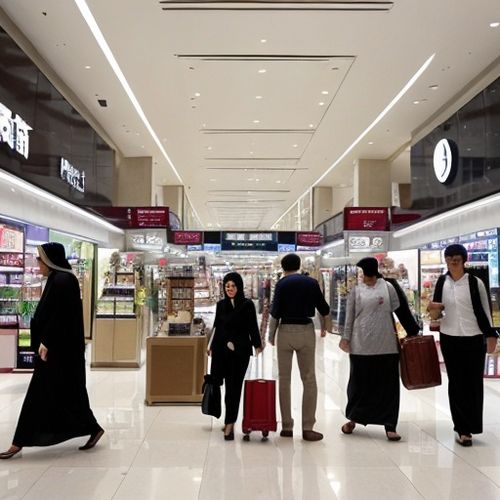
By Daniel Scott/Apr 6, 2025

By Grace Cox/Apr 6, 2025

By Olivia Reed/Apr 6, 2025
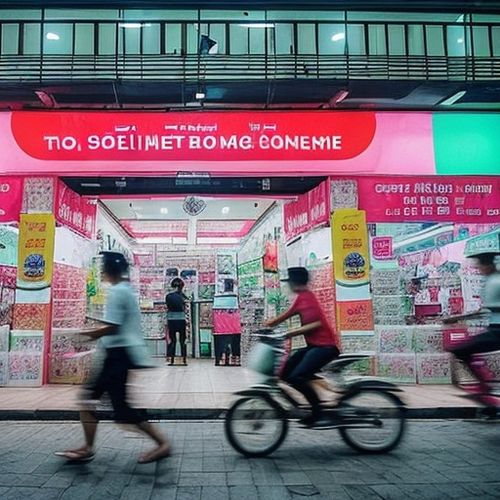
By Emma Thompson/Apr 6, 2025
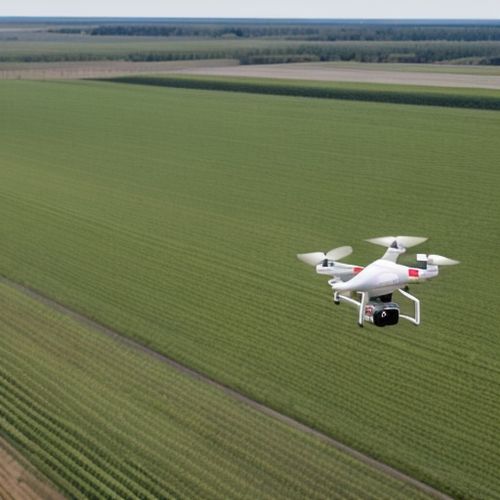
By Rebecca Stewart/Apr 6, 2025